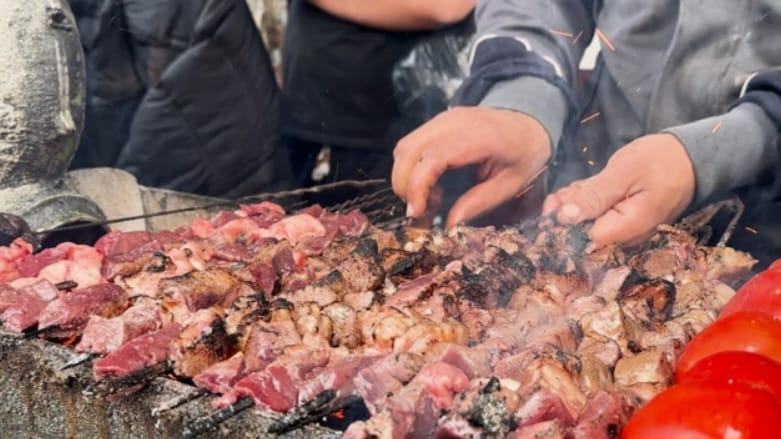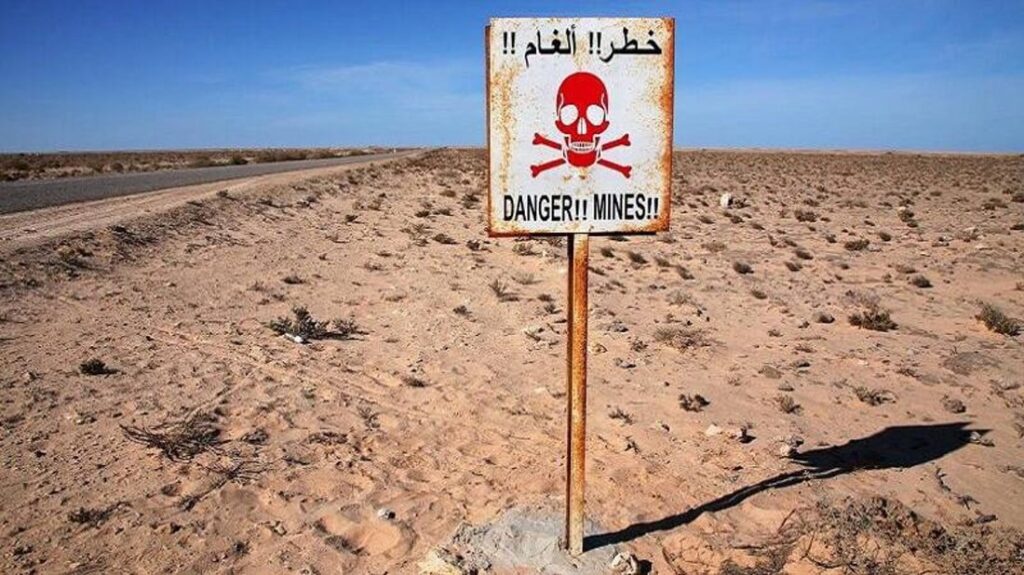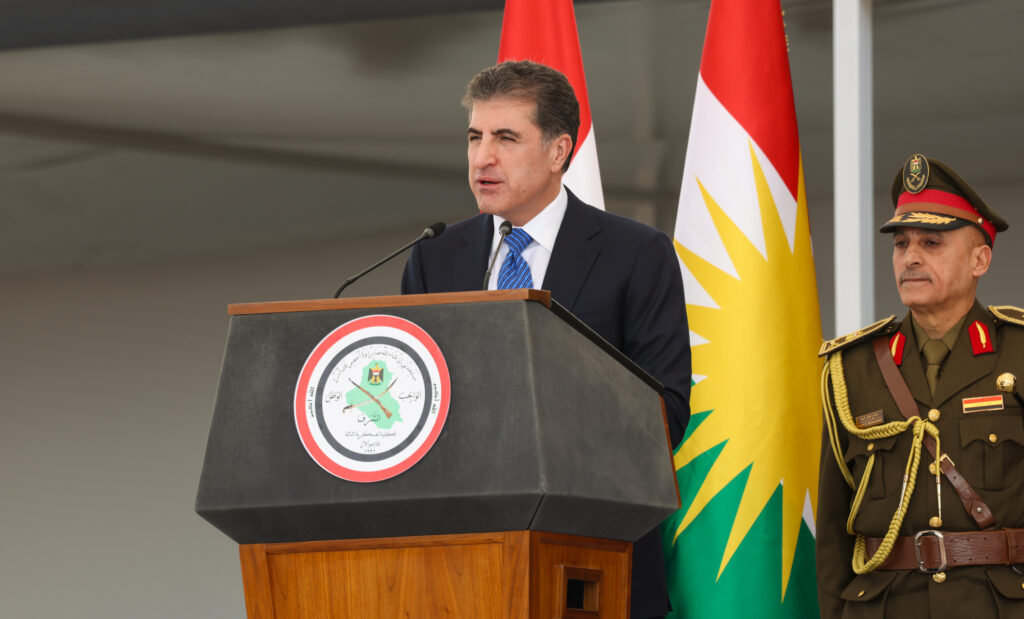Oil exports from Kirkuk pipeline reach 100k bpd

The exports through the Kurdistan Region, but overseen by Baghdad, resulted in revenues of $153,848,207 for December.
The average price per barrel was $53.962, according to the ministry's statement. It was $61.90 per barrel in November.
Baghdad's exporting of 115.5 million barrels was also an increase from 100.9 million in November from central and southern Iraqi blocks. It sold for $6.08 billion netting $6.23 billion with the addition of Kirkuk. Total revenues were also just over $6 billion in November.
Baghdad and Erbil signed an agreement that was announced on November 16 to resume exports of Kirkuk’s oil via the Kurdistan Regional Government’s (KRG) pipeline. Initial volume was expected to be between 50,000 and 100,000 barrels per day.
Baghdad hopes to bring Kirkuk production back up to pre-October 2017 levels of some 300,000 barrels per day.
Oil was exported by 36 different companies.
Majid Jafar, CEO of the UAE-based Crescent Petroleum, said at Davos this week that he expects prices to stay on the high side in 2019.
"It will be in this $60 to $80 range. It will be volatile, but $90 is more likely than $40," he said.
He said global reserves are low.
"[Prices are] the most volatile in 30 years. That's partly because of certain tweets but also because there isn't much spare capacity and that's where you see volatility," he said.
Iraq and the Kurdistan Region are looking to diversify their energy sectors with more gas exploration and exports.
A Russian businessmen told Rudaw English at Davos that the Kurdistan Region is "one of the most interesting areas where Russian companies would invest" in gas.
Exports from Kirkuk through the Ceyhan pipeline were halted following the federal takeover and events of October 17 for a year. The energy sector in Iraq is nationalized, while in the Kurdistan Region privatized.






